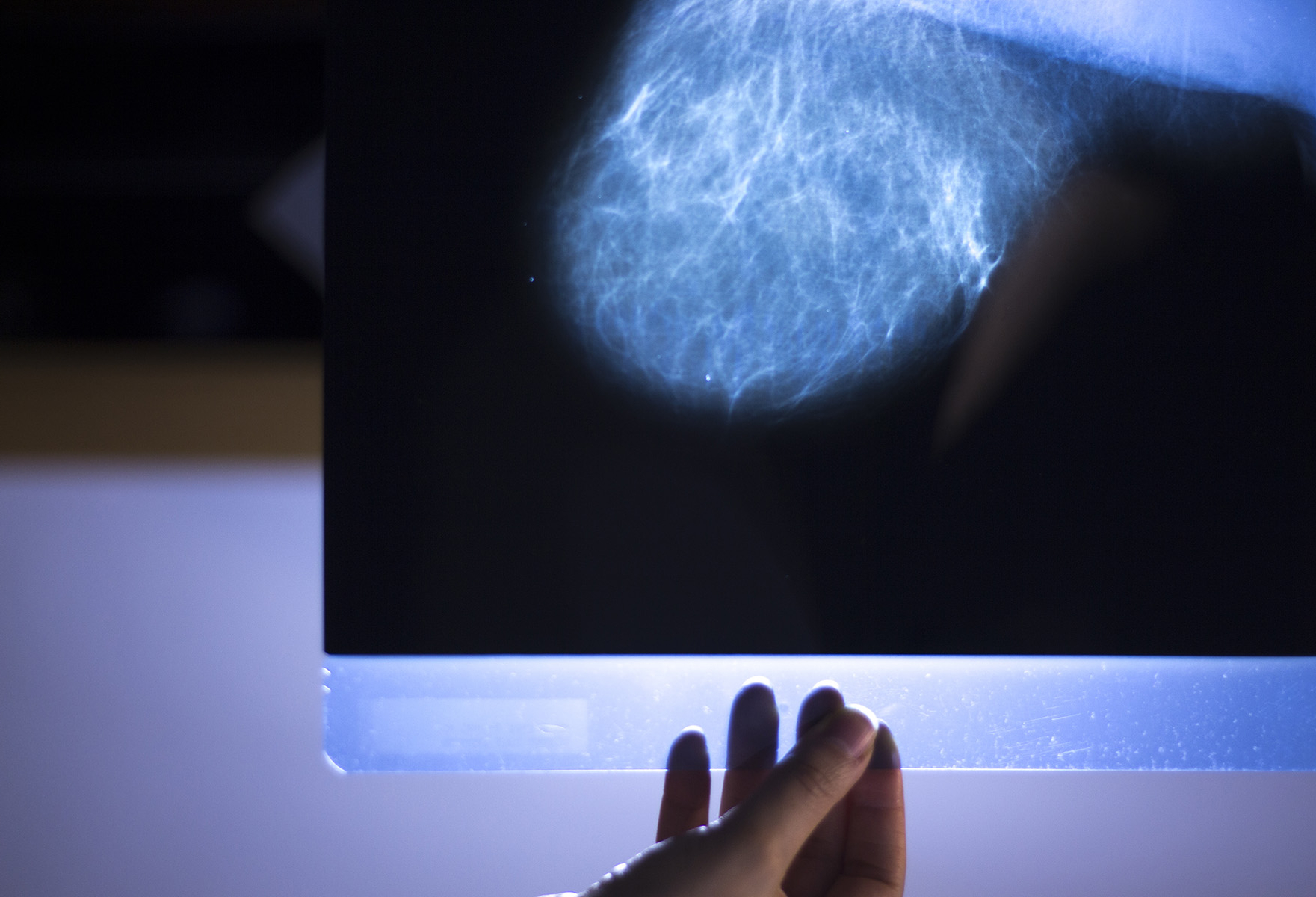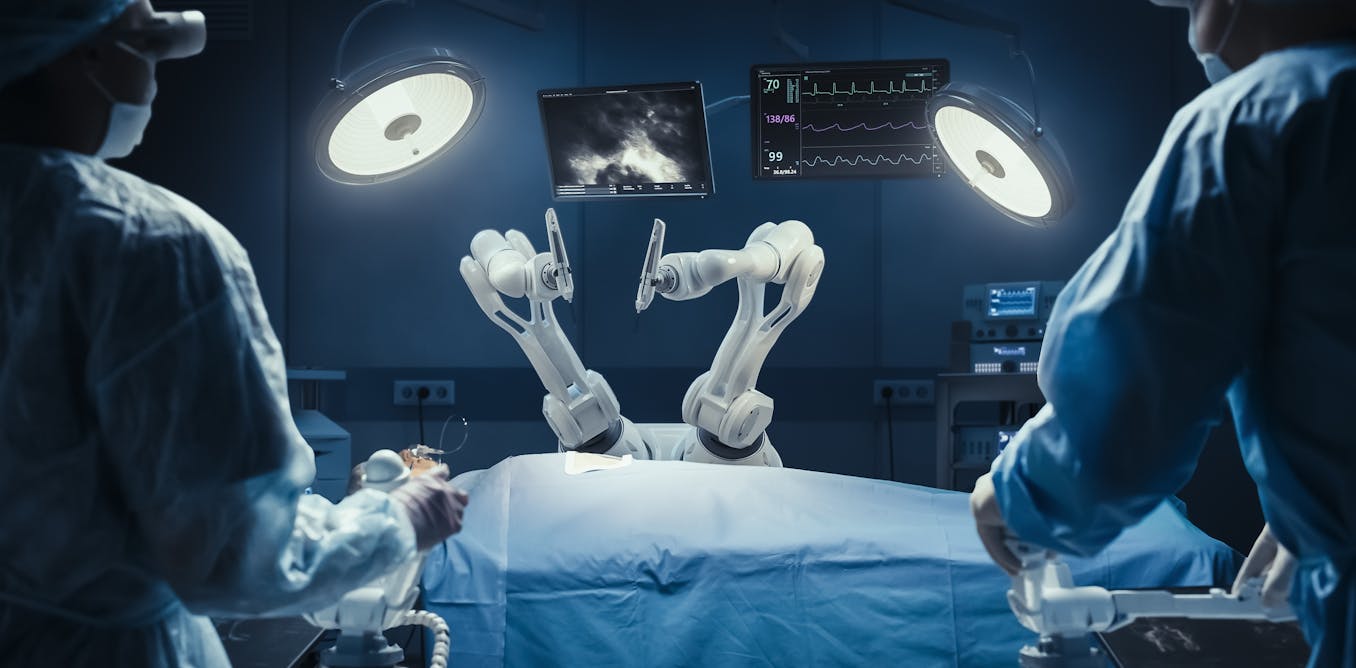
AI's Role in Early Cancer Detection
Artificial intelligence (AI) is increasingly becoming a crucial ally in the medical field, particularly in the early detection of diseases such as breast cancer. A groundbreaking trial involving 700,000 women is currently underway to assess the efficacy of AI-based screening in identifying early signs of breast cancer. This initiative, poised to revolutionize breast cancer screening, aims to enhance diagnostic accuracy and potentially save lives through early intervention.

The Trial: A New Frontier in Cancer Detection
The trial, as reported by TechTarget, is one of the largest of its kind, focusing on the application of AI technology in medical diagnostics. The goal is to determine whether AI can assist radiologists in detecting breast cancer at earlier stages than traditional methods.
The trial is being conducted across various healthcare facilities, utilizing advanced algorithms to analyze mammograms. These algorithms are designed to highlight potential areas of concern that might not be immediately apparent to the human eye, thus aiding radiologists in making more accurate diagnoses.
How AI Works in Breast Cancer Screening
AI in breast cancer screening primarily involves machine learning algorithms that have been trained on thousands of mammogram images. These algorithms learn to recognize patterns associated with breast cancer by comparing healthy and cancerous images. When these AI systems are applied in real-world scenarios, they can quickly scan new mammograms and flag any anomalies for further review.
One of the key benefits of AI is its ability to process vast amounts of data rapidly, a task that would be time-consuming and prone to error if done manually. This capability not only speeds up the screening process but also increases the chances of catching cancer early when it is most treatable.
Potential Impact on Healthcare
The implications of successful AI integration into breast cancer screening are profound. Early detection of breast cancer significantly improves treatment outcomes and survival rates. By catching cancer in its nascent stages, healthcare providers can initiate treatment earlier, potentially reducing the need for more aggressive and costly interventions later on.
Moreover, AI can alleviate some of the workloads on radiologists, allowing them to focus on more complex cases and patient care. This could lead to more efficient healthcare systems and improved patient experiences.
Challenges and Considerations
While the potential benefits of AI in cancer detection are substantial, there are also challenges to consider. The integration of AI into medical diagnostics requires significant investment in technology and training for healthcare professionals. Additionally, the ethical implications of AI in healthcare, such as data privacy and algorithmic bias, must be carefully managed.
Healthcare providers must also ensure that the AI systems are transparent and that their decision-making processes can be understood by medical professionals. This transparency is crucial for gaining trust among healthcare providers and patients alike.
The Future of AI in Healthcare
As AI technology continues to evolve, its applications in healthcare are likely to expand beyond breast cancer screening. Future developments could include AI systems capable of diagnosing a wide range of conditions, from other types of cancers to neurological disorders. The ongoing research and trials will play a crucial role in shaping the future landscape of medical diagnostics.

Conclusion
The trial involving 700,000 women is a significant step forward in exploring AI's potential in early cancer detection. By harnessing the power of AI, healthcare providers can enhance diagnostic accuracy, improve early intervention strategies, and ultimately save lives. As technology continues to advance, the integration of AI into medical diagnostics will likely become more commonplace, paving the way for a new era in healthcare.
In the words of Amazon CEO Andy Jassy, "AI represents the biggest technology shift in business since the internet." In the realm of healthcare, this shift promises not only to transform how diseases like breast cancer are detected and treated but to fundamentally change our approach to patient care.

For more information on AI and its applications in healthcare, visit Whiterabbit.ai.